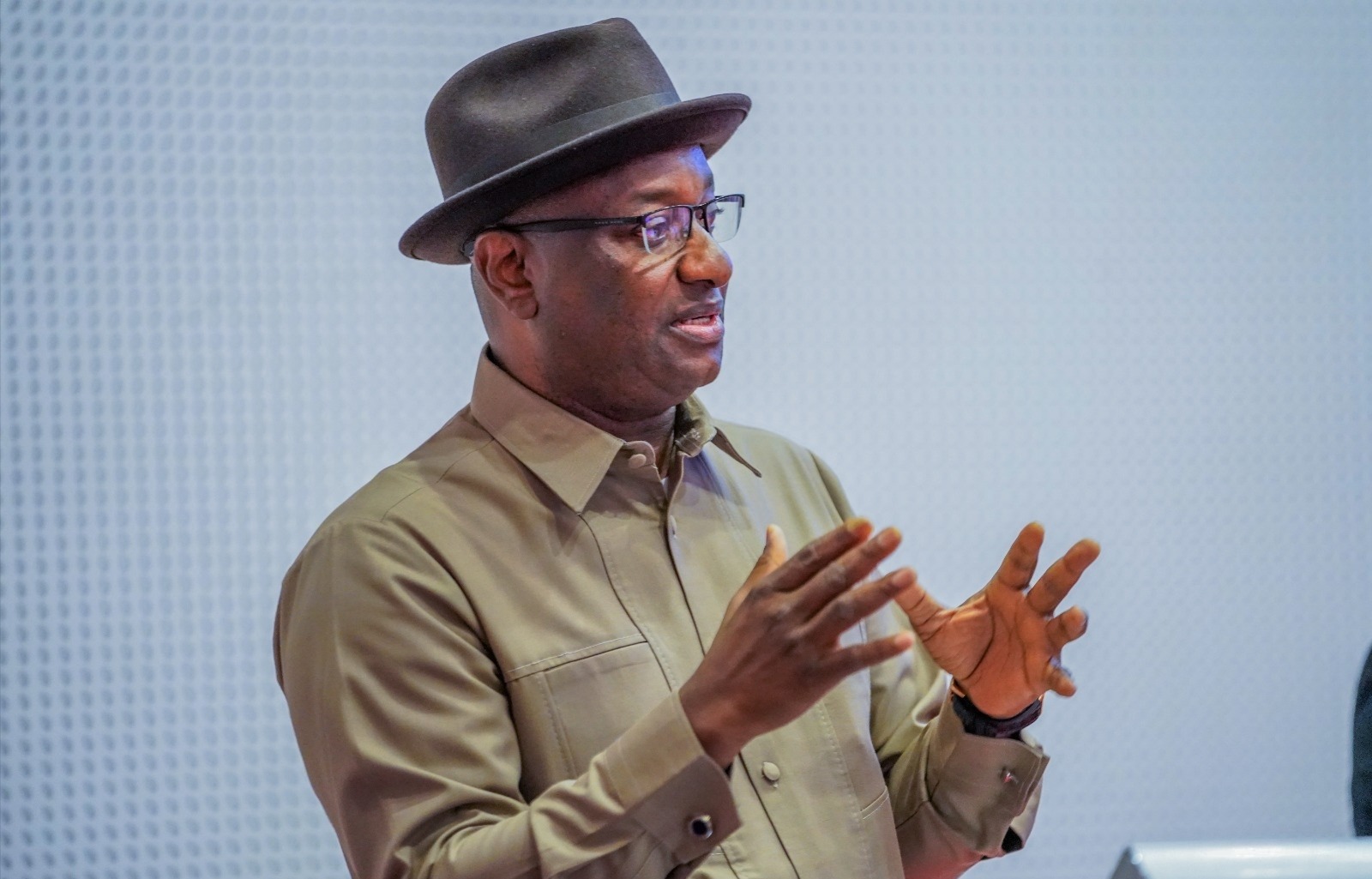Keyamo Rallies Stakeholders on Transport Safety, Draws Parallels with Global Best Practices

Nigeria’s Minister of Aviation and Aerospace Development, Festus Keyamo, has underscored the critical need for synergy among various transport sectors to enhance safety standards.
Speaking at the Multimodal Transportation Stakeholders’ Workshop held in Abuja, the Minister lauded the Nigerian Safety Investigation Bureau (NSIB) for organising the high-level gathering with the theme: “Strengthening Transport Safety Standards Through Collaboration.”
Representing the Federal Government, Keyamo extended warm greetings from President Bola Ahmed Tinubu, GCFR, and emphasised the administration’s resolve to ensure that every Nigerian journey – whether by air, land, rail, or sea – is undertaken in safety.
He acknowledged the presence of key ministers including Senator Sa’idu Ahmed Alkali, Honourable Minister of Transportation, and Adegboyega Oyetola, CON, Honourable Minister of Marine and Blue Economy, noting that their attendance reflected a unified governmental approach to transportation safety.
The Minister also paid tribute to Captain Alex Sabundu Badeh Jnr., Director-General of NSIB, for championing safety reforms through the workshop and for steering the Bureau’s pioneering efforts under the Nigerian Safety Investigation Bureau (Establishment) Act of 2022.
“Transportation is the lifeblood of any nation’s economy,” Keyamo stated. “But with this connectivity comes the responsibility of ensuring that no life is needlessly lost, and no accident is left unexamined.”
The workshop brought together key figures in the sector, including Mr. Dennis Jones, former Managing Director of the U.S. National Transportation Safety Board; Engr. Seyi Sijuwade, former Managing Director of the Nigerian Railway Corporation; and Vice Admiral Dele Ezeoba (rtd), former Chief of Naval Staff.
Attendees included stakeholders from the Nigerian Maritime Administration and Safety Agency (NIMASA), Nigerian Railway Corporation (NRC), National Inland Waterways Authority (NIWA), and the Nigerian Civil Aviation Authority (NCAA), among others.
Keyamo reiterated that transport safety cannot be addressed in isolation. “An incident on a railway can disrupt air cargo. A marine accident can impact road transport. This interconnectedness demands a multimodal approach where collaboration is not optional but essential.”
He stressed that Nigeria must adopt a safety culture that emphasises prevention over blame, timely investigations, and the implementation of actionable recommendations.
The Minister cited the NSIB’s regulatory framework which mandates the commencement of investigations within seven days of serious occurrences and the release of final reports within 12 months.
Drawing parallels with global best practices such as those of the U.S. NTSB, he noted, “Delays in probing accidents prolong uncertainty for victims and allow risks to persist. The NSIB’s quick-response mandate ensures timely interventions and fosters public trust.”
While commending ongoing efforts within the aviation sector, such as the adoption of recommendations on fatigue management and runway safety, Keyamo called on sister agencies in marine and transportation sectors to follow suit.
“We must establish inter-ministerial task forces to track these recommendations. History teaches us that ignored lessons lead to repeated tragedies,” he cautioned.
He further highlighted the importance of investing in AI-driven predictive analytics, joint training programmes, and integrated emergency protocols to proactively manage safety challenges.
As he closed his address, Keyamo charged all stakeholders to break down institutional silos and commit to genuine partnership.
“Let this workshop mark the beginning of a new era of collaboration – an era where safety is a shared responsibility, and where our economy flourishes on the bedrock of secure, reliable, and resilient transport systems.”
He assured participants that the Federal Government would continue to support the NSIB through adequate funding, capacity-building initiatives, and favourable policy frameworks.
The workshop, which gathered high-level participants from across Nigeria’s transport landscape, is expected to yield key resolutions aimed at harmonising safety efforts across all transport modes.
The Minister concluded with a hopeful note: “May our collective efforts yield a safer tomorrow for all Nigerians.”







